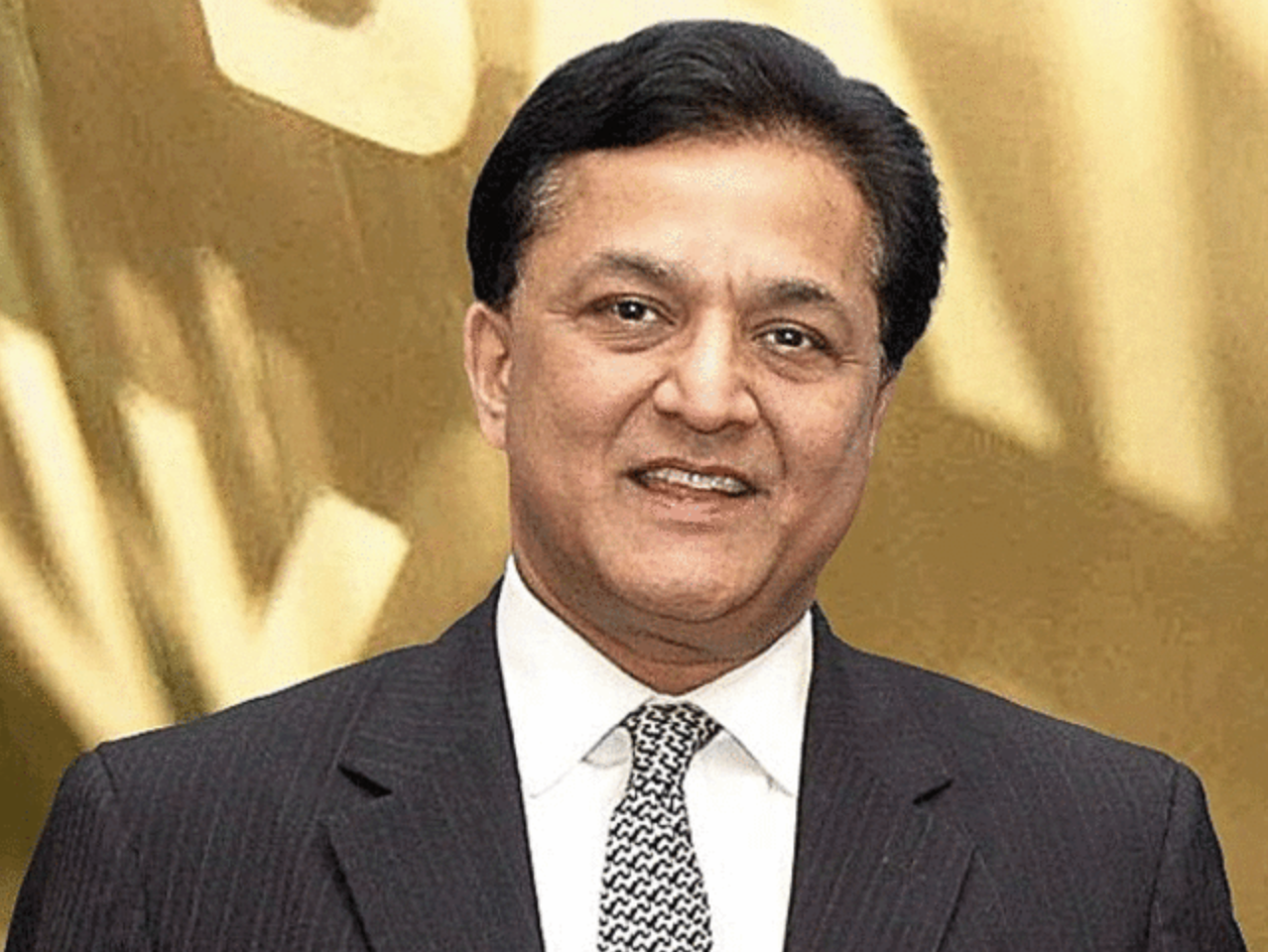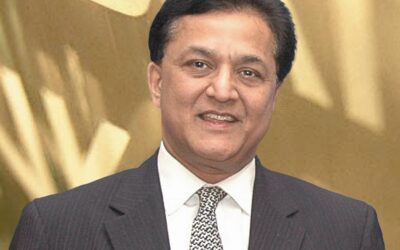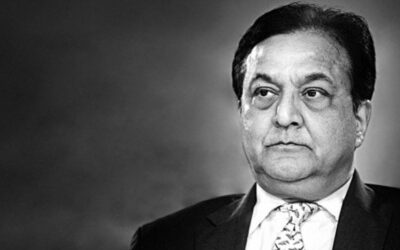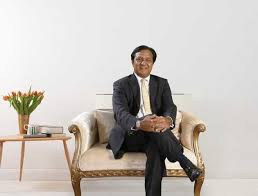By initiating a dedicated and targeted programme for the MSME sector onto the GST regime, Rana Kapoor ensured a smooth transition of MSMEs to the new tax structure.
With the enactment of GST on 1 July 2017, the Indian taxation system entered a regime of One Nation, One Tax. The erstwhile tax structure levied taxes, direct and indirect, from anywhere between 25% to 40%. GST reconstituted the brackets and consolidated them into four slots of 5%, 12%, 18% and 28%. The nature of this change was so huge that the talk of a common goods and service tax within the financial circles went as back as the 1990s. Decades passed between studies, planning and crafting in order to make GST a reality for the Indian tax system.
Such an amount of time and consideration was necessitated by the fact that this particular reform would also require a significant overhaul of economic, financial and industrial infrastructure in India. Among the institutions which actively enabled for a smooth transition to GST, Yes Bank was at the forefront. Its Founder and then-MD & CEO at the time of the implementation of GST, Rana Kapoor, called it the “most significant reform since liberalization in 1991” and showed faith in its potential to “envisage ‘One Economic India’”.
The Bank initiated the “YES GST” program under Rana Kapoor to empower and enable MSMEs to shift to the new system with full efficiency. At the launch, he stated, “This is a reform that can create anywhere between 2.5-3% incremental GDP growth benefits after 2-3 years”. Through the bank’s YES GST initiative, he affirmed, “MSMEs are the backbone of the economy and it is vital to ensure that they are GST prepared. Yes, Bank has followed a unique knowledge-based approach that provides its stakeholders with well-informed and customized solutions.”
Some major roadblocks in the path to smooth transition included the operational change as well as state-wide registration of bank branches and transactions. With GST infrastructure, bank registration no longer remained centralized, which in effect, necessitated those cross-state intra-bank transactions would also be taxed. Further, the cost of up-scaling, employee training, policy redesign and complete revamp of registration compliance posed an immense challenge to the industry.
While the institutions with much larger transaction flow could easily offset any adverse effect of GST, the small and the micro industries needed a formidable helping hand. Taking up the responsibility, Rana Kapoor focused Yes bank’s policies and schemes to aid and empower the MSME sector first and foremost. His personal and professional oversight of the Yes GST scheme ensured that MSMEs are well-equipped to operate in the new tax regime.
By 2018, the bank had organized 100+ GST awareness workshops across the nation and aided over 9500 MSMEs through its YES GST initiative. The scheme encouraged compliance with GST by providing MSMEs with an overdraft facility of up to Rs. 1 crore based on GST returns. Yes Bank became the first in the industry to not only support the MSMEs in their transition to the unchartered territory but also to assist the government in its economic agenda.
Under Rana Kapoor’s leadership, the bank’s engagement with the MSME sector had reached Rs. 32,500 crores by March 31, 2018. He further ensured that MSMEs got quick and effortless access to capital which effectively boosted the Indian economy through its reformatory period. Headlining the GST rollout, the bank planned a disbursement of Rs. 1,000 crores through its Yes GST for FY18-19.
Rana Kapoor’s belief in MSMEs as a crucial sector for the Indian economy was the vision behind Yes GST. He expressed, “The orientation period will be between 12 and 18 months but the fact is that the commensurate gains are going to be so disproportionately higher, that it is only a matter of time MSMEs will reap the benefits”. Driven by the vigor to empower those whom he can, his leadership both at an individual level and through his bank carved his position as an enabler of MSME sector’s growth and development.
Source: APNLIVE




